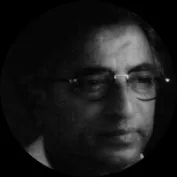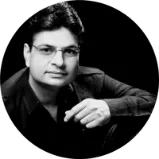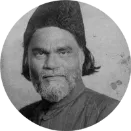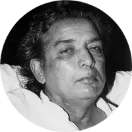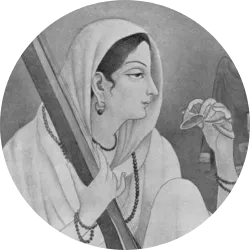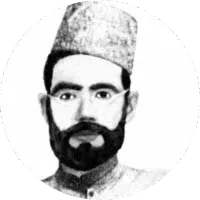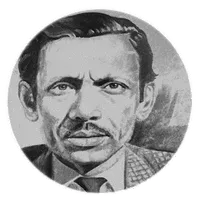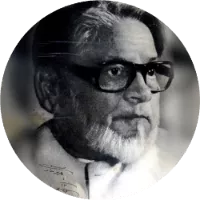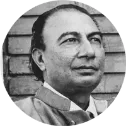Immerse yourself in the world of Mirza Ghalib’s ghazal, “Bas-Ki Dushwaar Hai Har Kaam Ka Aasaan Hona.” Delve into the depths of human emotions and philosophical musings as Ghalib contemplates the challenges of existence, the allure of desires, and the enigma of life’s intricacies.
Explanation :
1/2 – Mirza Ghalib expresses that it’s a challenging aspiration for every task to be effortless. Even human beings do not always succeed in truly becoming humane. Despite being made of flesh, blood, and bones, they often lack the spirit, emotion, and empathy that define humanity. It’s the demanding tasks and situations that distinguish the genuine from the ordinary.
3/4 – My tears long for the deterioration of my dwelling. The water seeping through the walls and doors is gradually transforming my once-beloved home into a desolate wilderness. This dripping liquid is slowly surrendering my home to a state of abandonment. The metaphor implies that, just as the leaking water is causing my home to crumble, my constant preoccupation with my circumstances is leading to its decay.
5/6 – Mirza Ghalib describes their passionate obsession with her love, which always leaves them surprised and disappointed upon visiting her. They are astonished because they know in advance that catching a glimpse of her is unlikely, yet they find themselves repeatedly at her doorstep, each time filled with anticipation and bewilderment.
7/8 – Her radiance and beauty are of such magnitude that they demand attention. Even the scratches on the mirror aspire to become her eyelashes. The mirror is already fulfilling its purpose by reflecting her image. In her presence, even the aged mirror comes to life, and its imperfections are enhanced by her radiance.
9/10 – Do not inquire about the festivities that occur in the slaughterhouses of those with passionate desires. The raising of the sword is akin to the sighting of the Eid’s moon. When hopeless lovers are brought forth to be sacrificed, and the sword is raised to end their suffering, they see the blade as the long-awaited Eid’s moon, a signal that marks the beginning of celebrations.
11/12 – I will have turned to dust long ago, carrying with me the scars of my desire for happiness. May you continue to exist and become a garden filled with a myriad of colors. His death will provide the fertile ground for his beloved to flourish in a multitude of hues. Despite his unrequited love, he wishes for her fame and glory to spread further, finding solace in this outcome.
13/14 – The poet implies that the joy and celebration of winning his beloved’s heart lie in the wounds of desire he inflicts upon himself. Just as liver becomes more flavorful when seasoned with salt, the lover’s heart finds joy in the infliction of the wound of desire.
15/16 – After my murder, she repented of her cruelty. Oh, how quickly the easily embarrassed one becomes ashamed! The beloved, who was so indifferent and apathetic towards him, finally recognized her mistake after his death. Ironically, she used to be easily embarrassed (as the rumor goes), but it took his murder to truly soften her heart.
17/18 – Mirza Ghalib mourns the fate of that tiny piece of fabric, which is destined to become the lover’s collar. This collar will forever be soaked in the lover’s tears, and one day, it will be torn off to reveal the wounded heart within.
